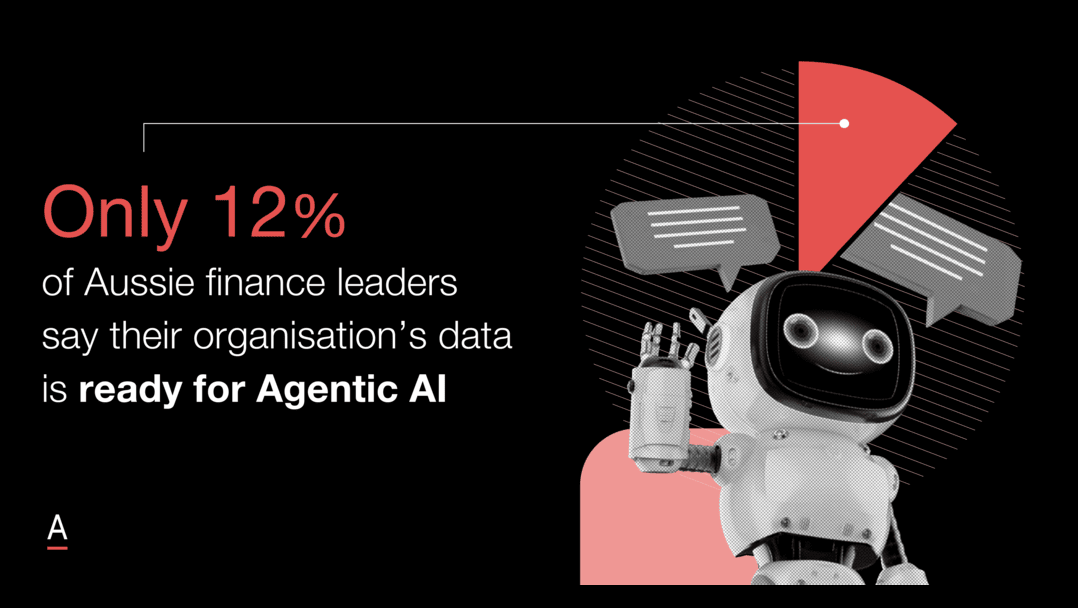UTS’ Ed Santow on the New Era of Data, Generative AI and Compliance
In this keynote, Edward Santow - Director of Policy and Governance at University of Technology Sydney discusses two significant changes in the ‘Digital Wild West’: the exponential rise of artificial intelligence (AI) in the real world and the increasing awareness of associated risks.In this keynote, Edward Santow – Director of Policy and Governance at University of Technology Sydney discusses two significant changes in the ‘Digital Wild West’: the exponential rise of artificial intelligence (AI) in the real world and the increasing awareness of associated risks.
The proliferation of AI is attributed to the convergence of big data, machine learning, automation, and advancements in computing power.
Edward emphasises that while AI brings exciting developments, it remains in its early stages, akin to the Wright brothers’ era in aviation.
The democratisation of powerful AI tools, such as generative AI like ChatGPT, raises concerns about misinformation and ethical use.
He touches upon the challenges, and the risk of AI-generated content causing real-world consequences.
Addressing the regulatory landscape, Edward notes the simultaneous growth in understanding AI risks and the importance of legal compliance.
Generative AI applications, like ChatGPT, pose issues related to performance, training on potentially unlawful data, input data sensitivity, hallucination, and the emergence of “shadow IT.”
The discussion delves into the legal implications and challenges faced by companies deploying generative AI.
Edward concludes with insights from the Robodebt case study, highlighting the importance of staying on the right side of the law and ethics, strategic considerations, a sophisticated risk approach, and the need for experimentation in a controlled environment.
Key Takeaways:
- There has been a significant growth of artificial intelligence, transitioning from the laboratory to the real world over the last two decades. The convergence of big data, machine learning, automation and increased computing power has facilitated this shift, making AI more accessible to various industries.
- There is a growing awareness of the risks associated with AI, prompting a greater focus on addressing legal concerns. Organisations need to understand these risks and regulatory bodies ensuring effective enforcement of laws related to AI.
- Despite the exciting developments in AI, there are challenges and risks associated with the technology. Issues such as the optimisation of generative AI for fluency over accuracy, concerns about training data legality, the potential misuse of AI-generated content, and the ongoing basic problems in AI systems need to be considered.





























